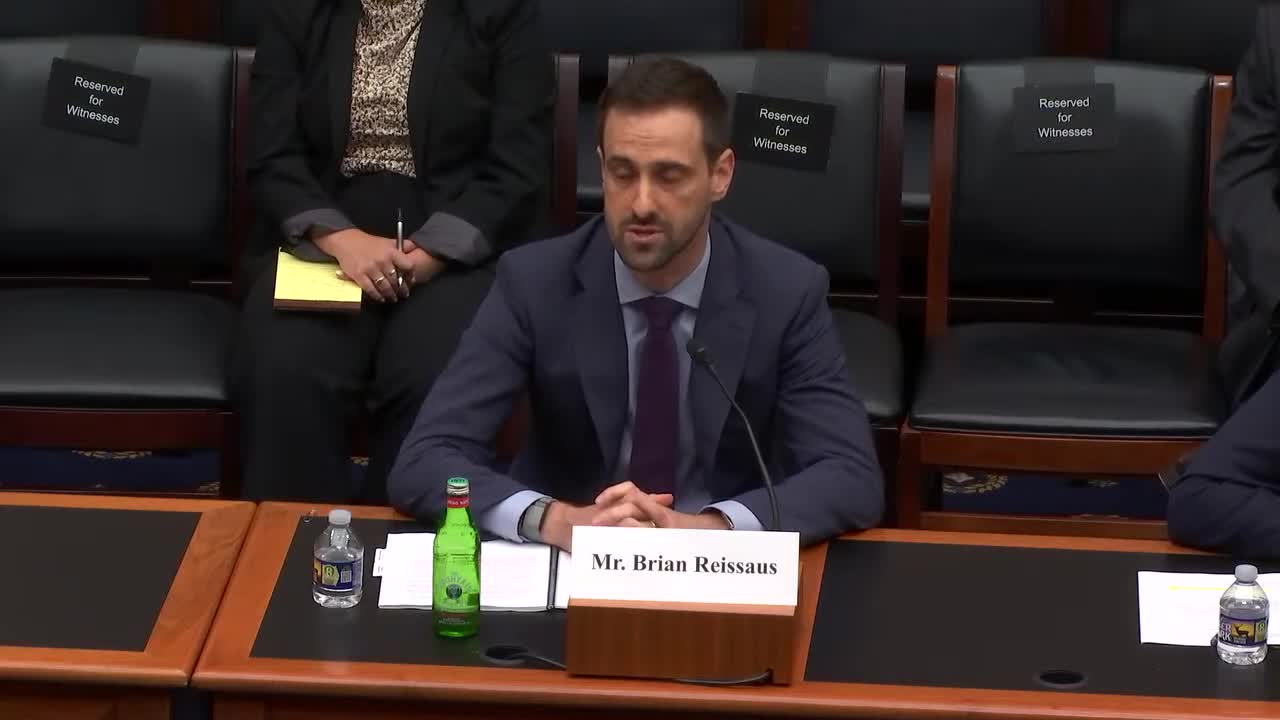
This article was created by AI using a video recording of the meeting. It summarizes the key points discussed, but for full details and context, please refer to the video of the full meeting. Link to Full Meeting
The session began with discussions on the importance of identifying and prioritizing national security concerns related to foreign investments. Participants emphasized the necessity of narrowing the focus of inquiries to avoid unrelated matters, thereby expediting the review process for benign investments. The dialogue underscored the significance of maintaining an open investment climate while safeguarding national interests.
A key point raised was the complementary nature of national security and foreign investment. Witnesses noted that the majority of FDI comes from long-standing allies and is often directed toward sectors unrelated to security, particularly in manufacturing, which accounts for a substantial portion of FDI-related jobs in the U.S. This investment not only creates high-paying jobs but also brings valuable expertise and best practices to American companies.
The conversation then shifted to the frustrations expressed by stakeholders, particularly from Silicon Valley, regarding the current CFIUS process. Concerns were raised about the lengthy and complex jurisdictional definitions that hinder timely investment decisions. Suggestions were made to refine the definition of critical technology to alleviate the burdens on companies, particularly regarding export control analyses that may not be relevant to their operations.
Further discussions included the need for improved outreach and education for the venture capital community about their obligations under CFIUS. Participants acknowledged that timely capital access is crucial for startups and emphasized the importance of congressional oversight to ensure that the review process does not unnecessarily delay investments.
The meeting concluded with a cautionary note regarding the potential for non-security-related considerations to influence CFIUS negotiations. Witnesses expressed concern that obligations tied to economic competitiveness could detract from the primary focus on national security, particularly in transactions not directly linked to the defense supply chain.
Overall, the committee's discussions highlighted the ongoing challenges and opportunities in balancing national security with the need for foreign investment, emphasizing the importance of reforming processes to foster a more efficient and effective investment environment.
Converted from U.S. Policy on Investment Security (EventID=118489) meeting on July 17, 2025
Link to Full Meeting
Comments
View full meeting
This article is based on a recent meeting—watch the full video and explore the complete transcript for deeper insights into the discussion.
View full meeting